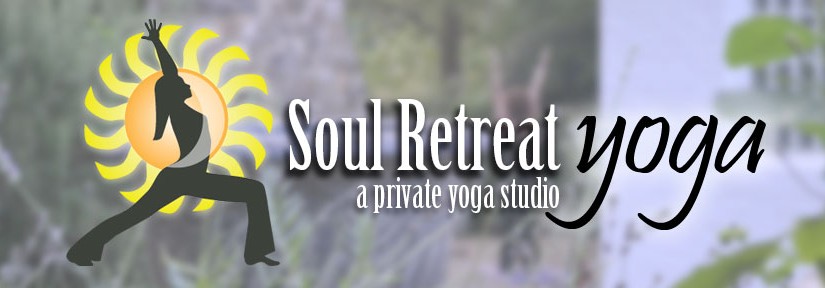Black, Green, White or Oolong?
Tea is the most commonly consumed beverage in the world after water. Among all varieties of tea – black, green, white, oolong, red, herbal – which one offers the most health benefits?
Black, green, white, and oolong teas derive their leaves from a warm-weather evergreen tree known as Camellia sinensis. The leaves from this tree contain polyphenols, which
are classified as antioxidants, meaning that they remove free radicals from the body. Some studies have also found that polyphenols lower LDL cholesterol.
The more processing tea leaves undergo, the darker they will turn. Green tea and white tea are the least processed tea. They are simply steamed quickly. White tea is derived from the young new leaves from the Camellia plant in early spring. These young leaves contain no chlorophyll, so they are silvery white. Black and oolong teas are partially dried, crushed and fermented. Regardless of the processing method, black, green, white and oolong teas all contain polyphenols. In fact, tea ranks as high as or higher than many fruits and vegetables in the ORAC score, a score that measures antioxidant potential of plant-based foods.
That being said, does green tea have more antioxidants than black tea? Should I drink instant tea or loose leaf tea for better health benefits? Is hot tea better than iced tea? Here�s what it boils down to:
1. Higher quality teas may have more catechin antioxidants than lower quality teas (catechin is a tannin peculiar to green and white tea because the fermentation process reduces catechins in black tea. Catechin is a powerful, water soluable polyphenol and antioxidant).
2. White tea has more antioxidants than any other tea.
3. Freshly brewed teas have more polyphenol antioxidants than instant or bottled teas.
4. More researchers seem to agree that brewed (cold or hot) or caffeinated tea has more antioxidants than instant teas.
What about Herbal Tea and Red Rooibos Tea?
Herbal tea is not derived from the leaves of the Camellia plant and so does not have the particular health-promoting properties. Indeed, most herbal teas in the market are NOT tea at all. They are only infusions made with herbs, flowers, roots, spices or other parts of some plants. The proper term for this type of beverage is “tisane.”
The recently popular South African red Rooibos tea also falls within the herbal tea or tisane category. Red Rooibos tea is not really tea, as it is not derived from the Camellia plant. Although tisane does not contain as many polyphenols, it does promote other various health qualities such as relaxation and calming effects.Tea: Caffeine content
According to the American Dietetic Association, a cup of tea contains an average of 40 mg of caffeine, compared to 85 mg as found in a cup of freshly brewed coffee.
It�s important to note, healthy people can benefit from small amounts of caffeine. Natural sources of caffeine provide helpful energy and alertness.
Also, studies show that caffeine may assist the anti-cancer activities of the antioxidant polyphenol catechins from green tea. Green tea caffeine combined with green tea catechins reduces more abdominal fat than green tea without any caffeine.What about Decaf Tea?
Decaffeinated tea is believed to contain only about half the amount of polyphenol as regular tea, depending on how the tea was decaffeinated.
| Three processes are widely used with different results.
|
The Bottom Line
There�s simply no denying that a daily spot of tea does the body good. Tea contains high levels of antioxidants, some of which are called polyphenols, flavonoids, and catechins, and all of which take on the �free radicals� in the body and prevent them from harming the healthy cells on board. In other words, sending in antioxidants is disease prevention in its finest form.
To get the most health benefits out of your teas, choose high-quality loose leaf teas from your local or online tea shop. Brew it up and enjoy. And of course, don�t throw out the idea of enjoying instant or bottled teas when you�re on the go. You just might have to drink a little more. Bottoms up!
http://www.health.harvard.edu/press_releases/benefit_of_drinking_green_tea
http://www.umm.edu/altmed/articles/green-tea-000255.htm
